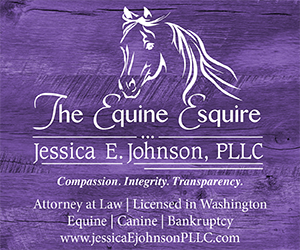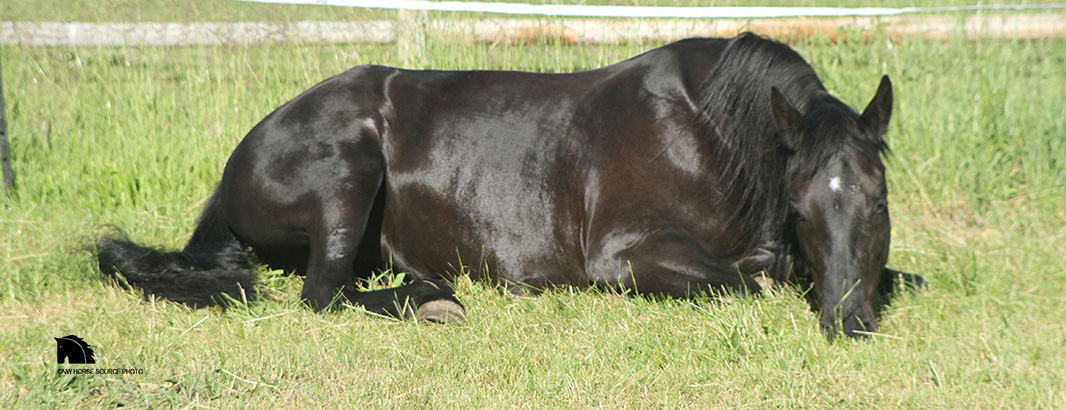What You Should Know About this Emerging Disease
by R. Paul Schwab, DVM
Recently equine coronavirus has been getting attention as an emerging equine disease. Coronavirus has been around forever, but until the last few years had not been considered a very serious cause of disease.
Coronaviruses are a large group of viruses that are responsible for both respiratory and gastrointestinal diseases in many species. The equine coronavirus that is getting more attention is a beta-coronavirus and has been isolated from multiple outbreaks around the United States, especially in northern states. Coronaviruses typically like colder weather and outbreaks tend to be in winter months.
Clinical signs of coronavirus infections can be a little non-specific, but are mostly gastrointestinal related. Typically horses will have a fever around 102-104⁰, may be lethargic and can have mild colic signs. There may or may not be diarrhea, but usually the manure will be” off” in texture. Severe cases may even have some neurologic signs such as ataxia, (wobbly/weak) depression and recumbency (lying down). Blood work will usually show low white blood cell counts and sometimes low protein. Diagnosis of equine coronavirus can be confirmed by a lab that can run a PCR (polymerase chain reaction) test on feces of affected horses.
Because it is a viral infection, treatment is mostly symptomatic. Affected horses are often colicky so pain relievers such as flunixin meglumine (Banamine) or firocoxib (Equioxx) are typically used. These also help to decrease the inflammation in the intestinal wall. Fluids with electrolytes are also extremely important. These can be given both orally and intravenously. Horses that get more severe diarrhea are especially susceptible to dehydration. Depending on the condition of the horse, antibiotics may also be used to treat secondary bacterial infections. Probiotics may be helpful, especially in the post infection period.
Horses generally recover in 1-4 days depending on the severity of the infection and treatment given. It is important to realize this virus is quite contagious and is spread from the feces of infected horses. These horses can shed virus particles for a few weeks after infection as well. If coronavirus is suspected or diagnosed, affected horses should be isolated and treated and handled last, after healthy horses are cared for. If at all possible, use separate equipment for handling manure and bedding. Footbath or boot wash stations and gloves are also recommended. Veterinary grade disinfectants should be used in these footbaths and for disinfecting equipment and stalls. These bio-security measures are important not only to prevent equine coronavirus, but also for any other infectious disease.
We are still learning about this disease and there are certainly plenty of other conditions that can cause colic, fever, or loose stools such as toxin ingestion, parasites, poor feed quality, etc. However, since we are seeing coronavirus here in the Pacific Northwest it should on the differential list.
R. Paul Schwab comes to Kulshan Veterinary Hospital from Oklahoma where he was born and raised. He graduated from Oklahoma State University in 1996. He enjoy many aspects of large animal practice encompassing equine, dairy and small ruminant practice. He is a member of AABP, AAEP and AVMA. For more information about Kulshan Veterinary Hospital call 360-354-5095 or email [email protected]. www.Kulshanvet.com






